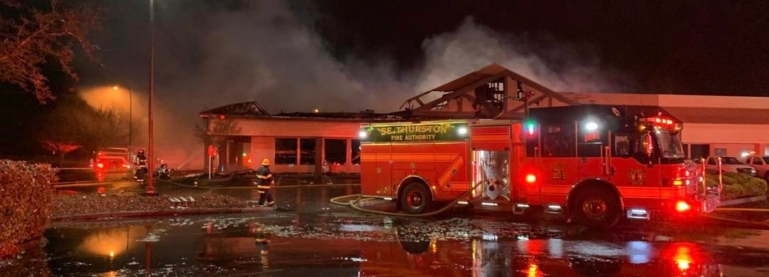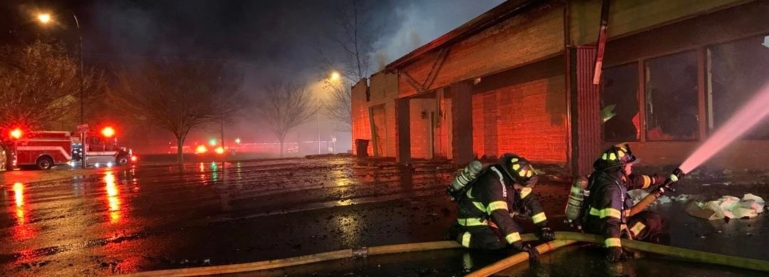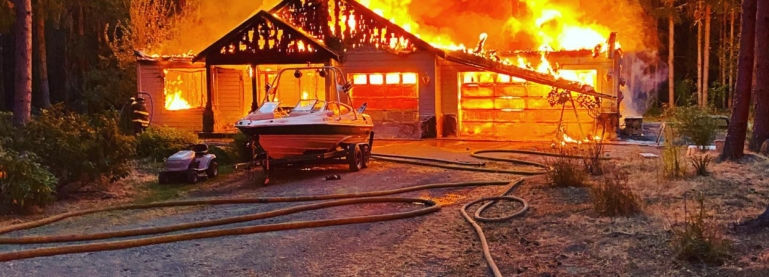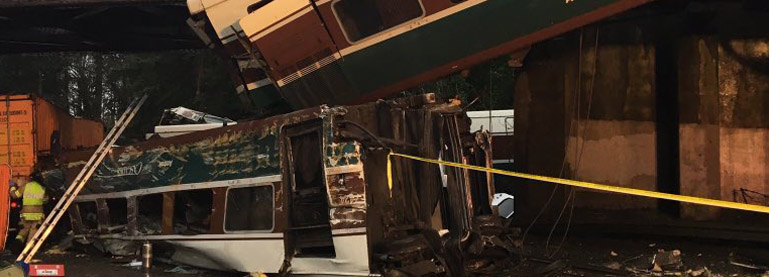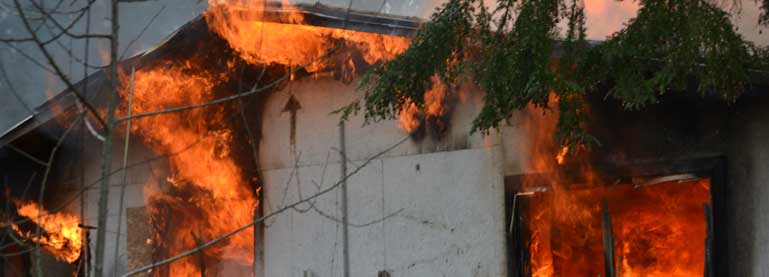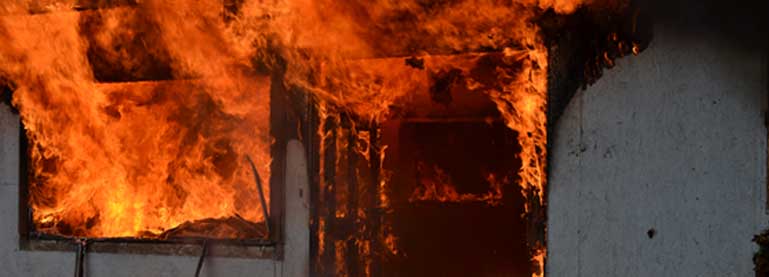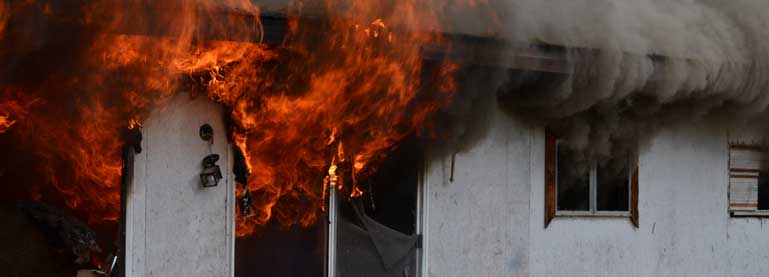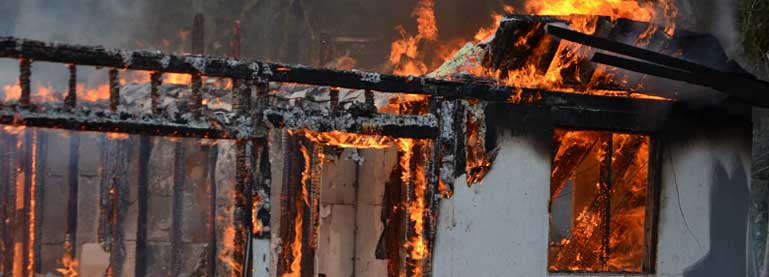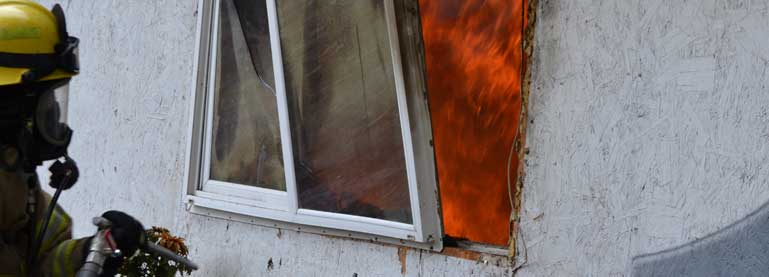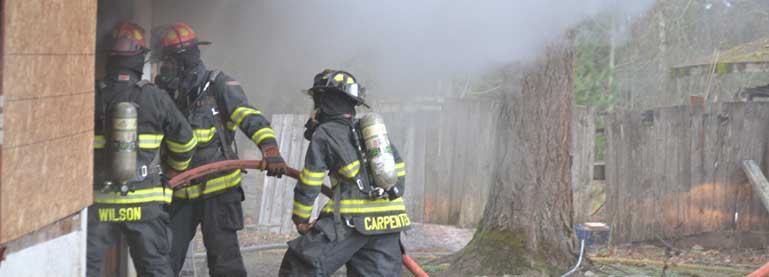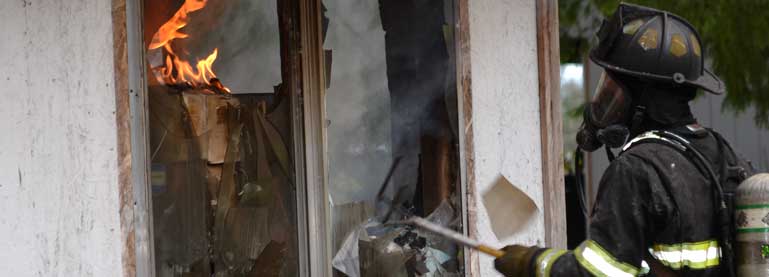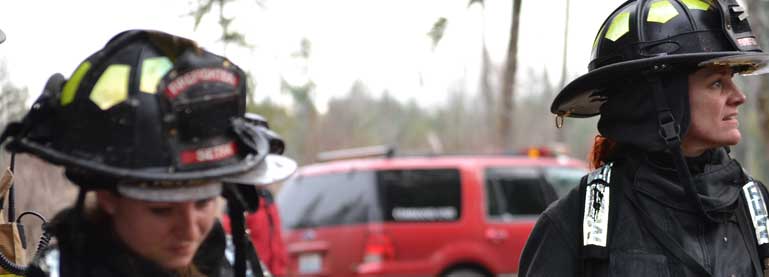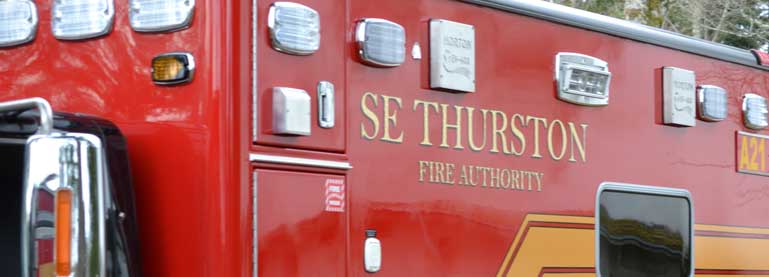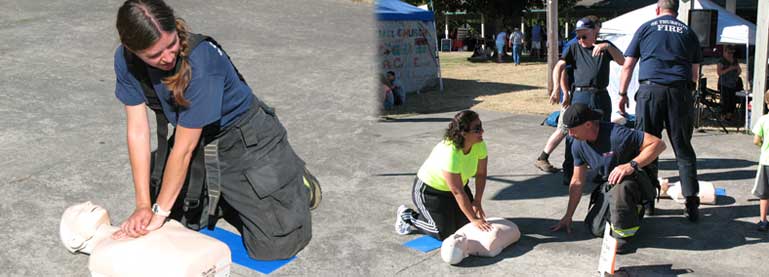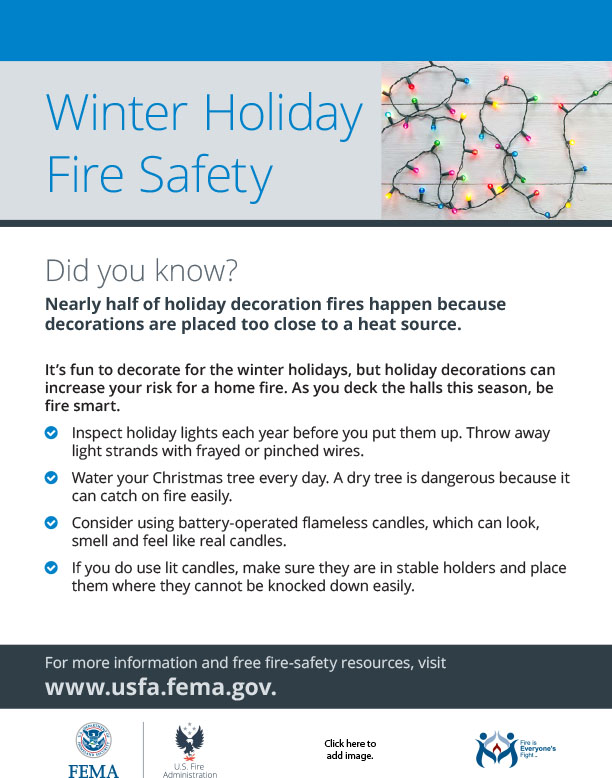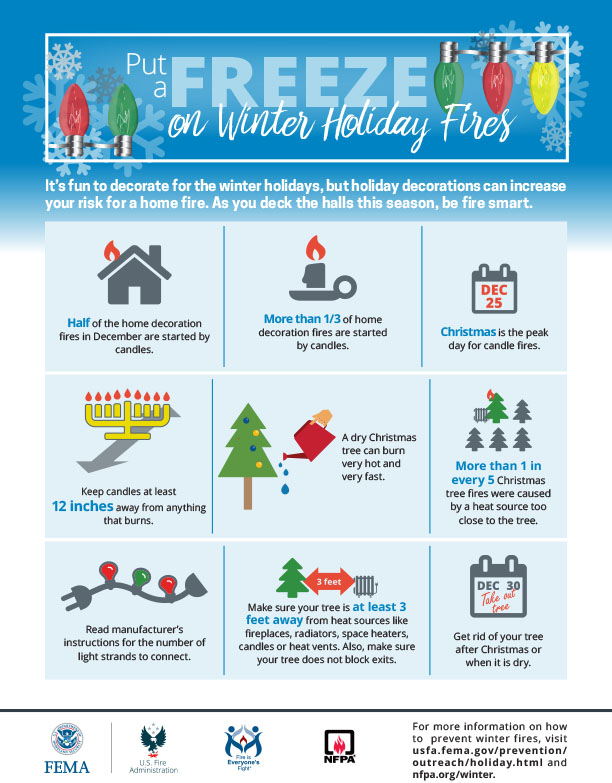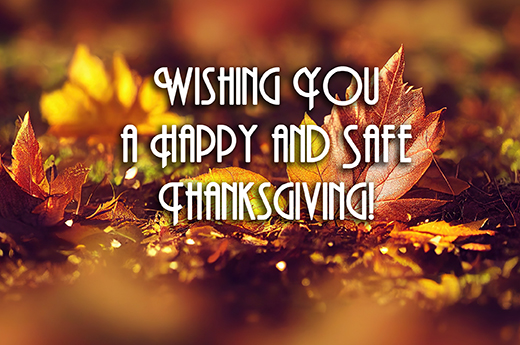The rain is continuing to fall! we at the SE Thurston Fire Authority want to remind everyone to stay safe! If you find yourself in trouble, know that we are here to help.
- Listen to Weather Radio or local alerting systems for current emergency information and instructions regarding flooding.
- Evacuate immediately, if told to evacuate. Never drive around barricades. Local responders use them to safely direct traffic out of flooded areas.
- Do not walk, swim or drive through flood waters. Turn Around. Don’t Drown!
- Stay off bridges over fast-moving water. Fast-moving water can wash bridges away without warning.
- Stay inside your car if it is trapped in rapidly moving water. Get on the roof if water is rising inside the car.

